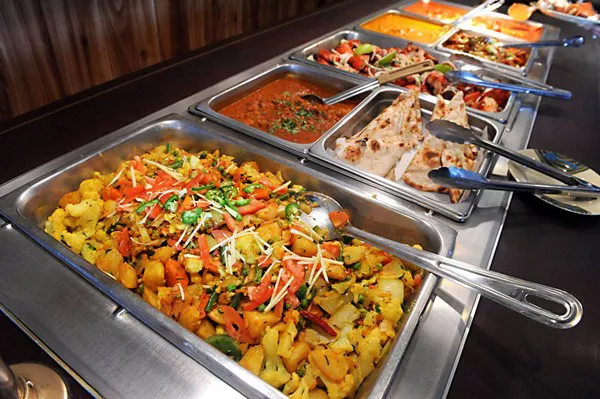FAQs
What is the 1 most inflammatory food?
The most inflammatory food is often considered to be processed sugar. Consuming high amounts of sugar can lead to chronic inflammation by promoting the production of pro-inflammatory cytokines and increasing levels of insulin, which in turn can trigger a cascade of inflammatory responses. Foods high in refined sugars, such as sweets, sodas, and pastries, are particularly notorious for contributing to inflammation.
What are three best foods to fight inflammation?
Three of the best foods to fight inflammation are fatty fish, leafy greens, and berries. Fatty fish like salmon, mackerel, and sardines are rich in omega-3 fatty acids, which are known to reduce inflammation. Leafy greens, such as spinach and kale, contain antioxidants and polyphenols that combat inflammatory processes. Berries, including blueberries, strawberries, and raspberries, are high in fiber and vitamins and also boast a high antioxidant content that helps reduce inflammation in the body.
Are eggs inflammatory?
Eggs are not inherently inflammatory and can be part of an anti-inflammatory diet. They are a good source of high-quality protein and essential nutrients such as vitamin D and B vitamins. However, for some individuals with sensitivities or allergies to eggs, they can cause an inflammatory response. The overall effect of eggs on inflammation can depend on individual tolerance and how they are incorporated into the diet.
Related topics:
- What to Do at the First Sign of a Stye?
- Managing Psoriatic Arthritis Through Diet: What Not to Eat
- Understanding and Managing Hypochondria: A Comprehensive Guide


